You are viewing a clip of this video, click to Join. Members, click to Log in.
|
|
||||
When you sign up for Storylogue, you will also enjoy:
Can you explain the core event and the core emotion in the epic?
Aug 24, 2014
What is the purpose of jumping back and forth between multiple storylines within a feature film or TV episode?
Aug 17, 2014
What characterizes a sado-masochistic relationship?
Aug 16, 2014
Do you have any tips for writing a treatment that really sells?
Aug 10, 2014
How does writing an episode for a procedural crime show differ from writing a feature film thriller?
Jul 31, 2014
What's the best way to pitch a new story for television? Should I prepare a full script?
Jul 29, 2014
Do I have to be able to tell a story well verbally in order to be a good storyteller in my writing?
Jul 28, 2014
 Now Playing
Now Playing
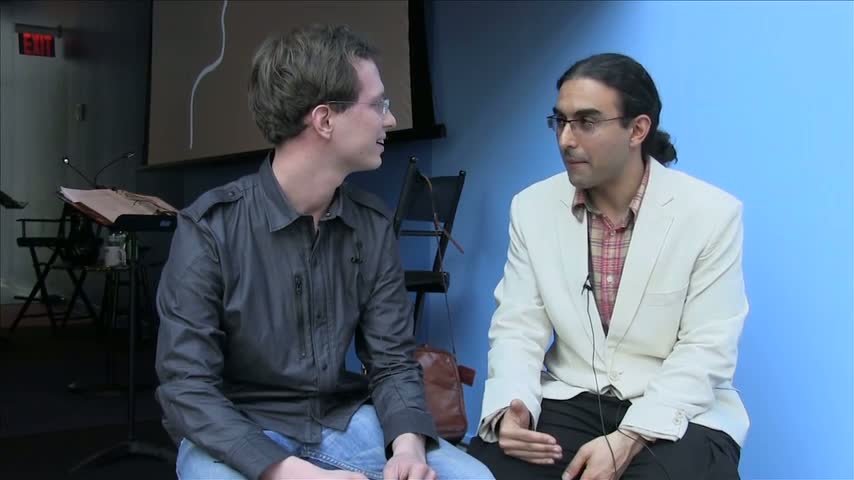
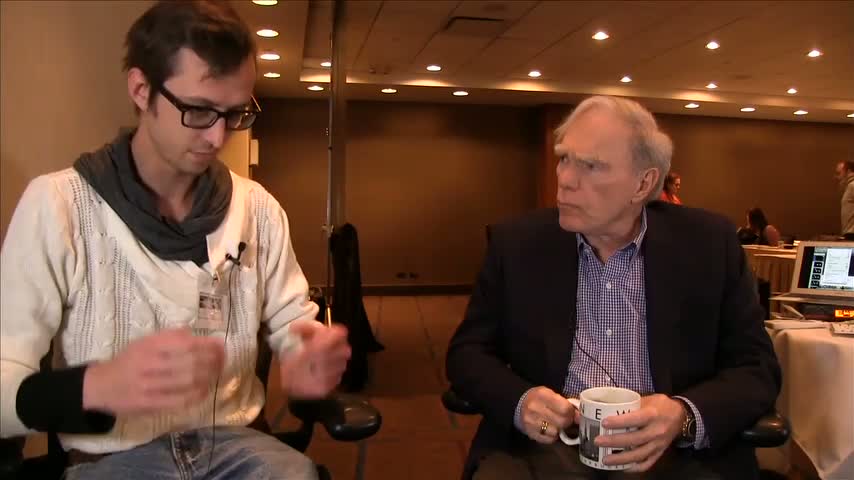
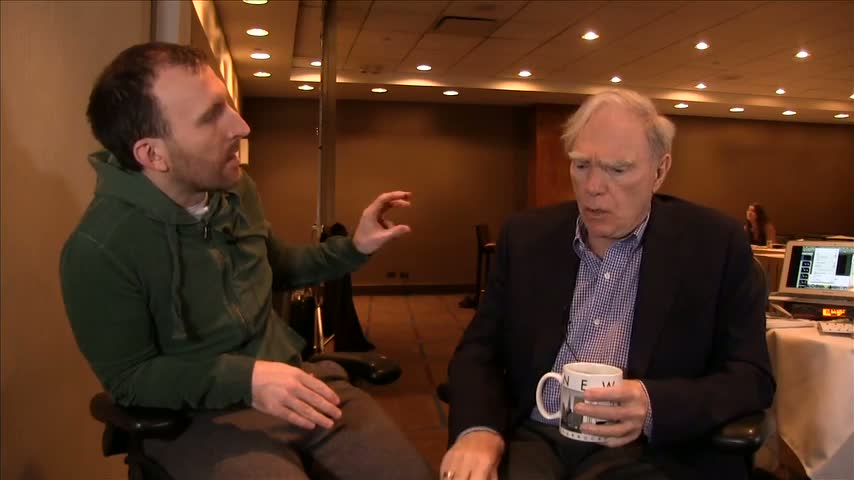
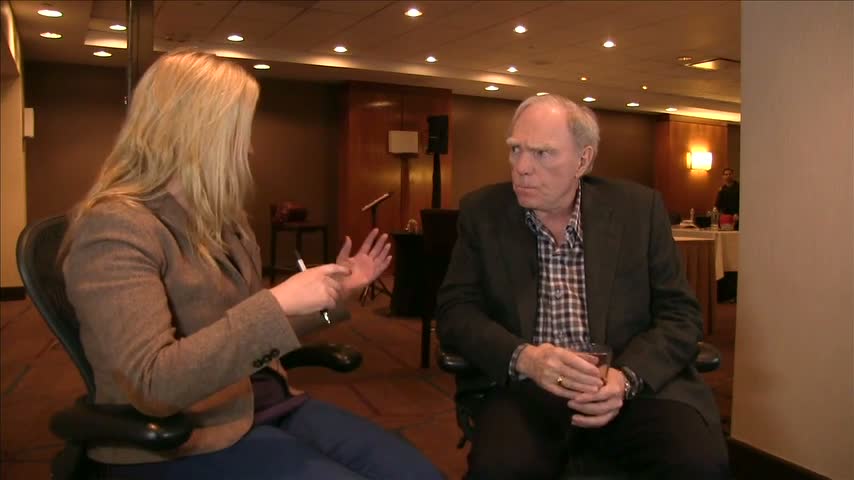
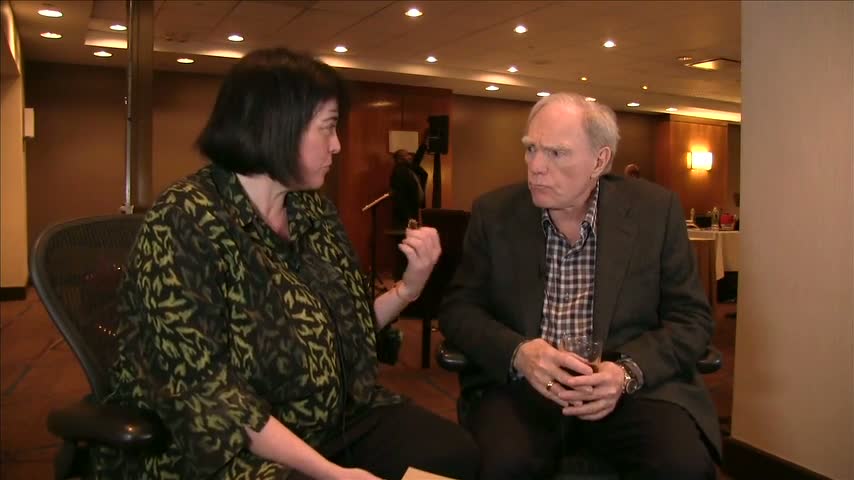
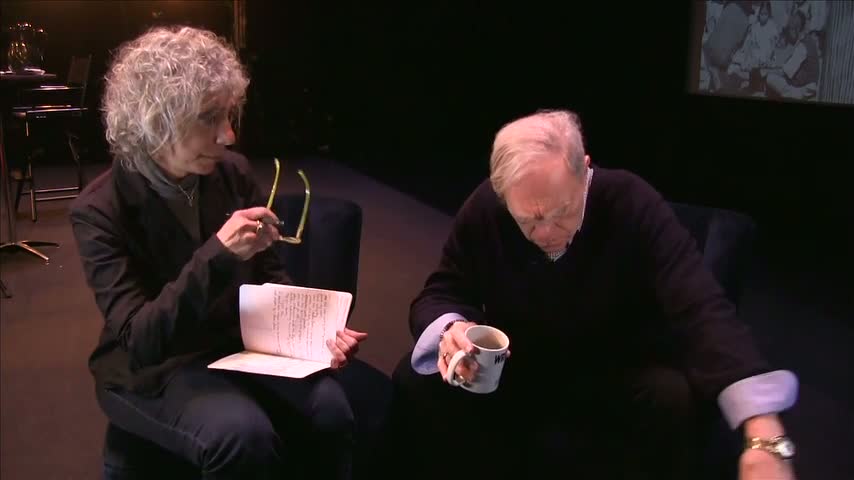
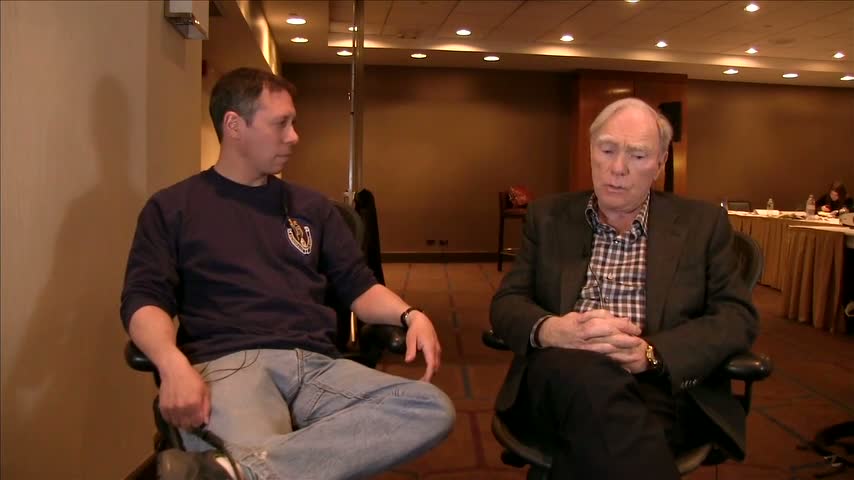
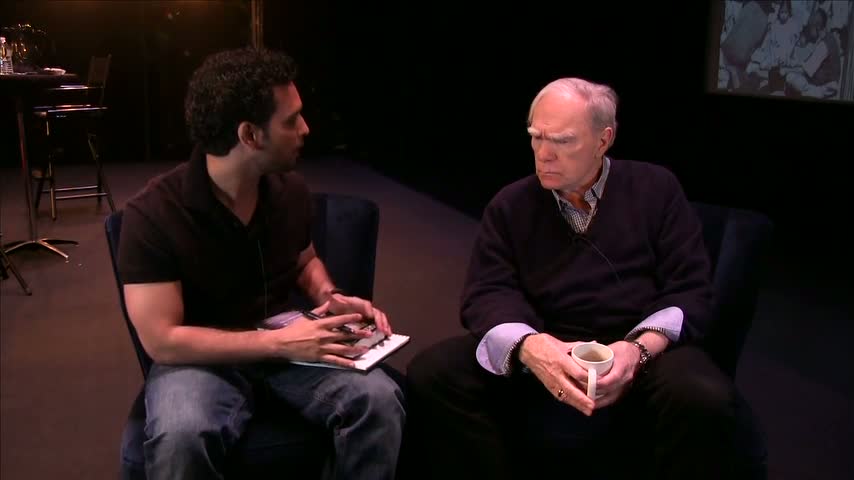
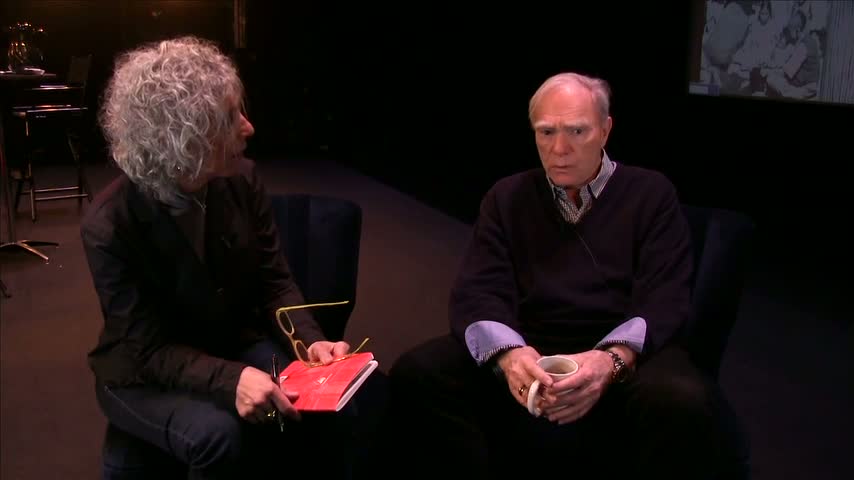
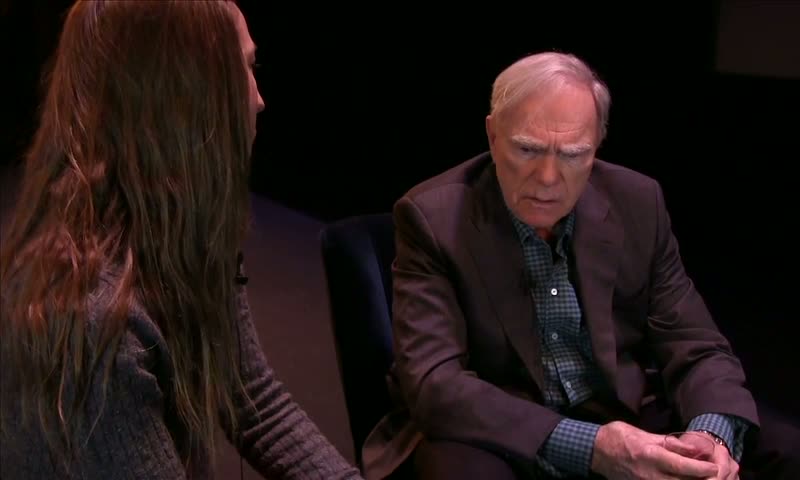
 Requires
Requires
The first part of the series ends on a cliffhanger with the promise it will be resolved "later". Later might be the next episode, or five years later. This is only sustainable with great curiosity. If the curiosity of the audience is peaked, they'll follow the writer's lead, trusting the ending will be worth the wait. If the curiosity is lacking, the series will not continue.
I think this might be why so many open-ended series on television revolve around mysteries; THE X-FILES, ODYSSEY 5, FRINGE, LOST, HEROES, BATTLESTAR GALACTICA - they all have a vast mystery that piques curiosity and moves towards conclusion.
However, once that curiosity is piqued, it must be answered otherwise you risk burn-out. The shows I mentioned all generated enormous interest in their beginnings but after a season or two, the audience numbers plummeted as more questions were asked with no substantive answers being given.
BABYLON 5 was extremely adept at this (and was modelled on a novel), creating curiosity and then answering it over the course of five years, and the show changed and progressed effectively.
However, I feel the reason BABYLON 5 stands above the rest, the reason it was able to progress the story and answer questions is that it was meticulously planned from its inception.
As I said, I think many shows create a mystery with only an idea of the final answer. They know who's behind the conspiracy, but what they don't know is the story. They don't know how the conspiracy is discovered and toppled, or how it wins. They don't know the ending, and they don't know the middle and how to get there. So the series essentially tread water. The examples I mentioned (other than BABYLON 5, ODYSSEY 5, and FRINGE) all ended, and not one of them was applauded. They ended at least one year after people had stopped caring, and the majority those who remained were less than satisfied.
Endings are so damned hard to do well, I think the long-form series is abused so that no one has to really write one. They come up with an idea for a climax then hope the story will fill itself in. Of course without a concrete ending in sight, they can't set up or pay off anything relating to it. They can't answer a question then progress the story off the revelation because they don't know where it's going. So I think these writing teams avoid the difficulty of really writing an ending by using the length of the telling.